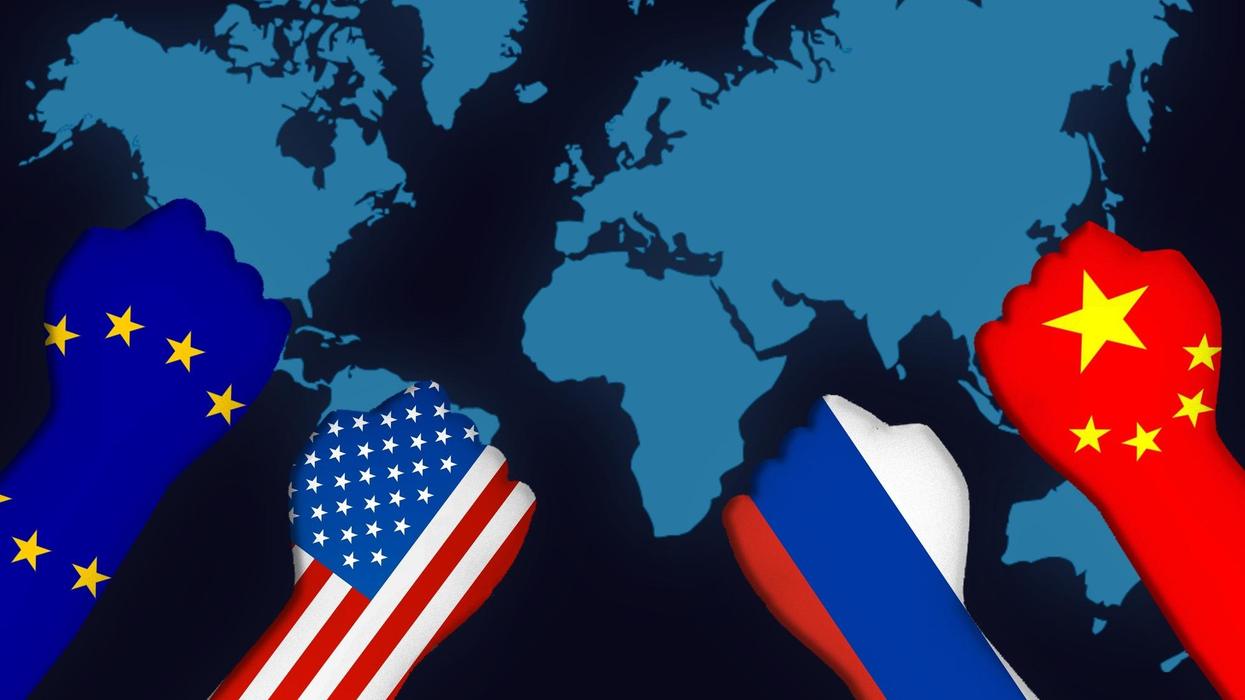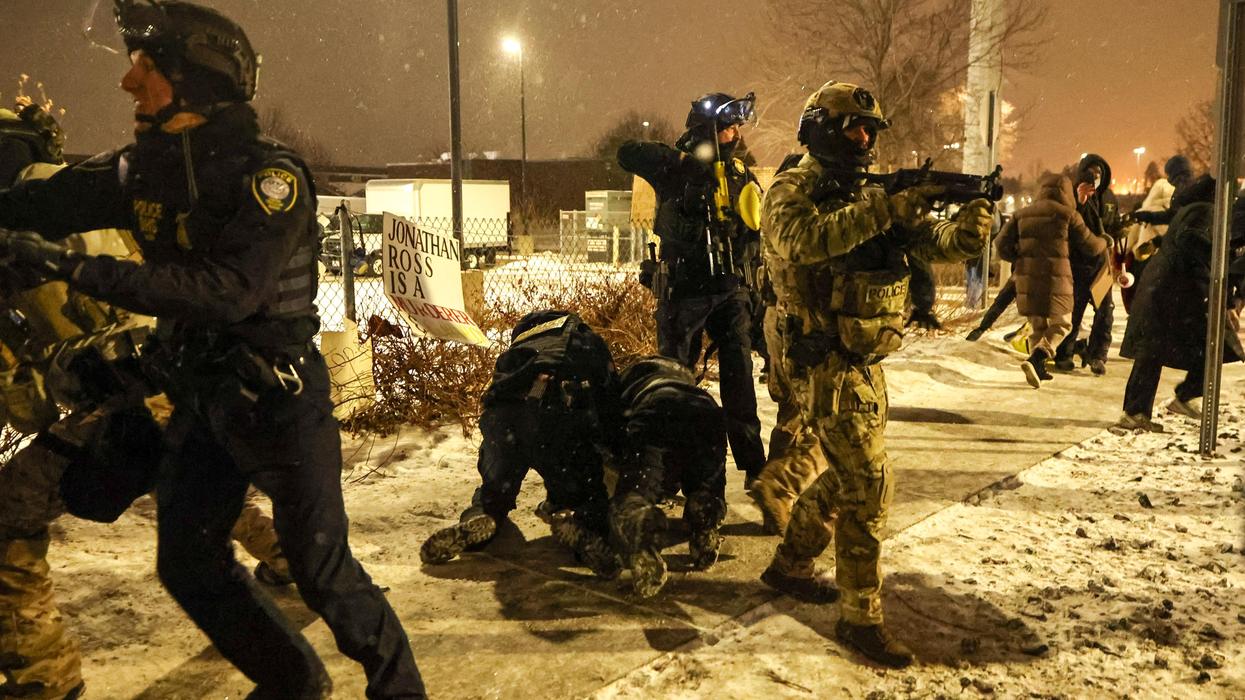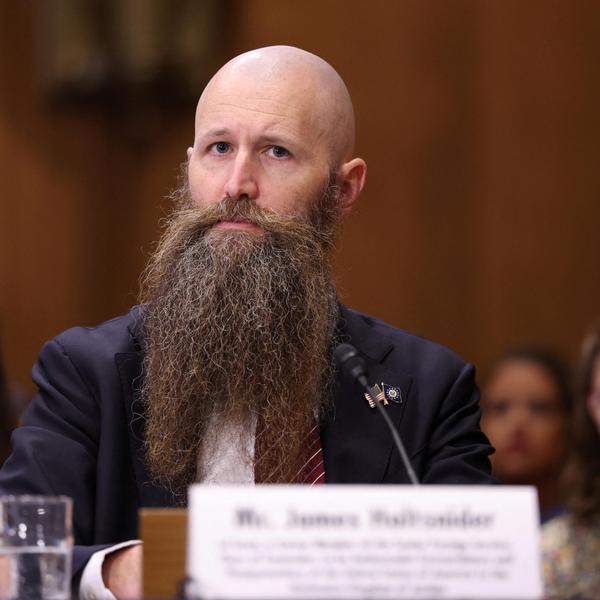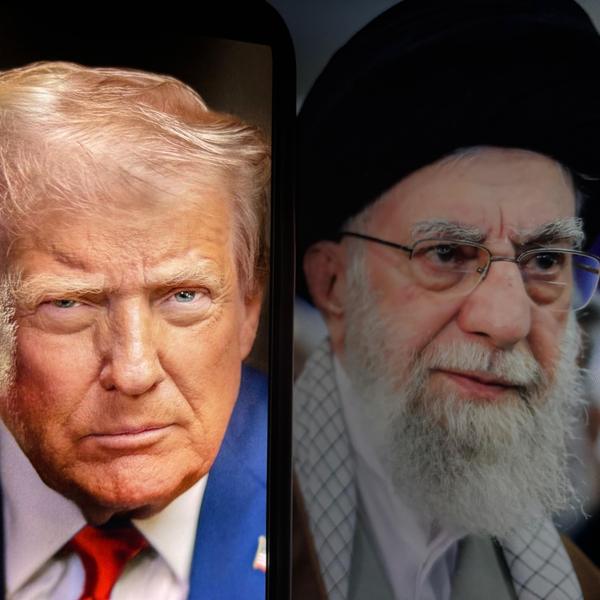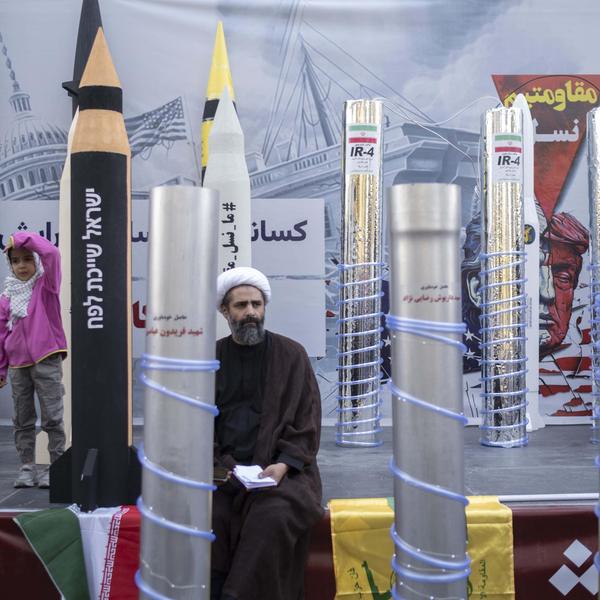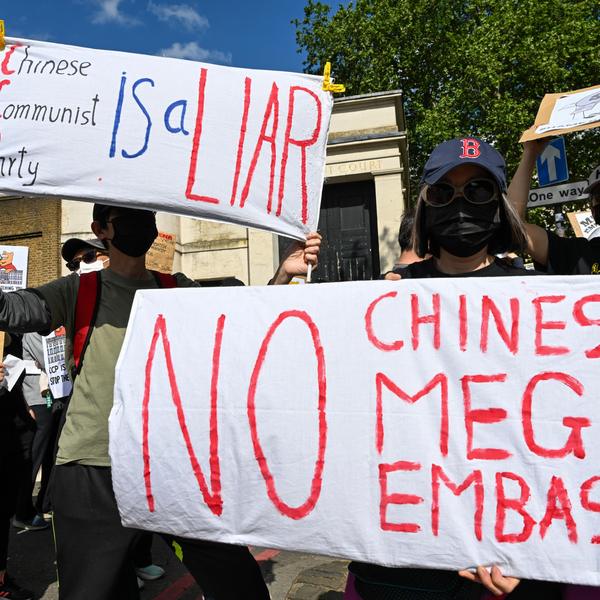Afghan women are understandably anxious about their future after the U.S. troop withdrawal from Afghanistan, a concern underscored by an attack on a high school for girls near Kabul on Saturday.
Women made huge leaps in the rights and opportunities they enjoy under the protection of international forces since 2001, particularly in education and the workforce. Given the Taliban's terrible record of repressing women, combined with the impending withdrawal of U.S. troops, activists fear women's rights will decline rapidly in Afghanistan and become an afterthought in U.S. foreign policy.
Much attention over the last year has been focused on the idea of a “responsible withdrawal” but the more important question may be a responsible post-withdrawal. The United States should remain engaged diplomatically in Afghanistan and continue to work closely with the current Afghan government and any future power-sharing government to preserve and promote women's rights.
The Bush administration used the oppression of Afghan women under the brutal regime of the Taliban as one justification for continued U.S. involvement in Afghanistan. In 2001, President Bush placed Afghan women at the center of his public agenda and First Lady Barbara Bush once claimed that the "war on terror" was also a "war for the rights and dignity of Afghan women." This reinforced the narrative of the United States as an international leader on human rights and portrayed women’s rights as a key metric of success in the fight against terrorism. In the post-Taliban era, embracing women's rights, gender equality, and women's empowerment was at the top of the Afghan government's stated commitments to its citizens and the United States was a key partner.
The 2004 Afghan Constitution recognized the equality of men and women in pursuing education and participating in politics, the workforce, and social engagements by adopting the U.N. Charter and U.N. Declaration within its articles. Such fundamental changes in Afghan rights reflected America's values. Not surprisingly, women have constituted the largest group of Afghans who supported structuring Afghanistan based on liberal values such as democracy, rule of law, and individual rights — sometimes portrayed in Washington as part of a greater U.S. strategy of liberal hegemony.
Women now comprise about 40 percent of Afghanistan's workforce and one-third of civil servants. Women entrepreneurs have created about 80,000 jobs across the country and earned international accolades. The Afghan Girls Robotics team introduced Afghan women to global settings, such as the Oslo Freedom Forum world summit, the Al World Summit in the Netherlands, and the First Global Competition in Washington, DC. The United States should continue to support initiatives like this.
Once opportunities were opened to Afghan women, they welcomed them, ultimately changing their lives and the role of women within Afghan society. While approximately 50 percent of schools lack a proper building and rural areas often have no schools, 48 percent of school-age girls are now enrolled in school which is a huge leap forward.
Women still face considerable challenges. For example, some women in Taliban-held areas are still lashed and burned in public. Even those in government-controlled areas feel their views were excluded from intra-Afghan negotiations and peace efforts in general. But many Afghan women didn't back down. Instead, they have responded with non-violent protests and campaigns. They did so in a relatively united fashion without considering ethnic, linguistic, and religious differences — something that many of their male peers have been unable to achieve.
Two years ago, many Afghans, especially women, felt that the U.S.-Taliban agreement excluded their views. Afghan women came together and demanded a more inclusive peace process, and more closely aligned with the spirit of U.N. Security Council Resolution 1325 and the United States’ own Women, Peace, and Security Act of 2017. They did so through sending statements to President Ghani and many international leaders, running various social media campaigns, like My Red Line, and raising their concerns in a considerable number of panels and conferences. Over the last two decades, Afghan women have proven themselves to be more effective ambassadors of democracy and human rights than many Afghan men in positions of power.
A recent video circulating on social media of a woman being publicly lashed by the Taliban demonstrates the continued absence of moderation in the Taliban's behavior toward women and that once the Taliban regain power, they will seek to restrict women's rights and gradually diminish women's social, political, and economic participation in the country. Since the United States spent significant resources on the advancement of women's rights, simply leaving the country without any diplomatic contingencies is counterproductive.
Now, as the United States is entering into a new phase with respect to its relations with Afghanistan, and as the main instrument of U.S. power in the country — the military — is going away, Washington should develop a new, firm, clear, and creative policy to stay engaged after troops leave. The State Department's recent announcement of an additional $300 million in assistance will help support women's empowerment and sustain positive American involvement in the country through diplomacy and development rather than military force. The Biden administration also made it clear that its commitment to providing aid would be conditioned on preserving human rights.
While these are good strategies to continue supporting Afghan women, it is essential for the United States to determine the acceptable level of human rights protections needed to sustain or cut off the condition-based aid. A compromise with the Taliban may lead to a greater role for Islamic courts in settling certain matters, such as inheritance or particular types of disputes. It may conservatize society in some ways. But significantly restricting women's economic, political, and educational participation justified by any religious and cultural norms should not be acceptable. For example, requiring women to have a "Mahram," or a male family member companion, while traveling is a common use of religious means to restrict women's freedom of movement that should be deemed unacceptable.
With the Taliban — a steadfast opponent to Western values and civil liberties — likely coming to the position of power, the United States needs to be aware that new challenges arise for protecting human rights, women's rights, and gender equality under their rule. For example, if a shared-power government inclusive of the Taliban emerges in Afghanistan, the United States may no longer interact with a government that is committed to democratic principles — even if the current system often falls short of those ideals.
Instead, it will interact with a government that will try to redefine women's rights and their role in society based on a strict Islamic code. Thus, when it comes to protecting women's rights, the United States needs to be adamant with its acceptable level of women’s rights protection and that these rights be respected in this new government partly controlled by the Taliban, if it desires continued U.S. assistance through aid.
The United States should secure a clear and firm policy to ensure women's rights remain intact within the new Taliban and Afghan government. This will require U.S diplomats and development officials to continue to play an active role in Afghanistan. It will also require Congress to continue to fund these efforts. The United States should not hesitate to apply diplomatic pressure, provide development aid conditioned on respect and the preservation of women's rights, and maintain and expand financial assistance for the programs that promote women's rights and assist Afghan women in expanding on their gains. It should press the new government, which will require aid for its own development, to pledge its commitment to respect women's rights and freedom.


